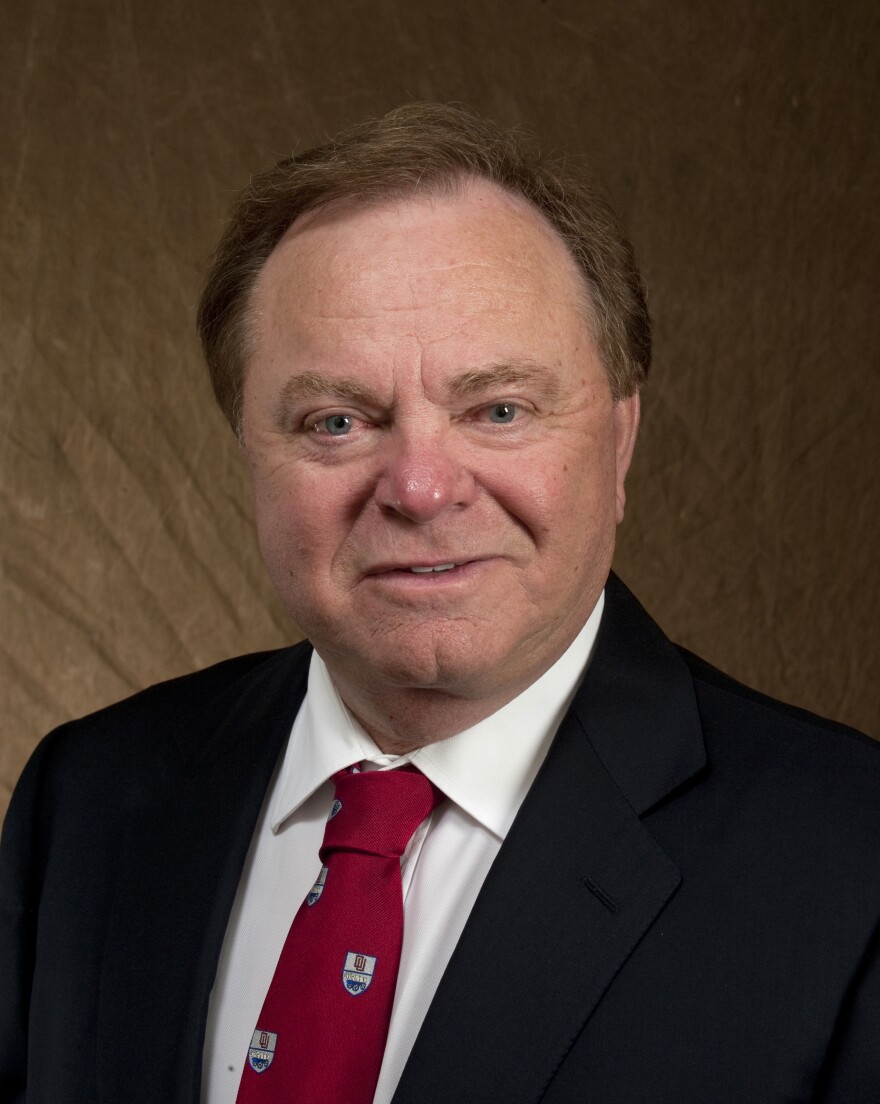Many energy company executives are afraid to talk about oil, according to Continental Resoures CEO Harold Hamm.
“Energy has treated Oklahoma so well,” said Hamm speaking at the Governor’s Energy Conference last fall. “A third of production comes from Oklahoma. That’s tremendous.”
Hamm attributes horizontal drilling technology as the reason for the gas and oil renaissance in the United States. The ability to drill two or three miles down and then turn and drill another couple of miles allows producers to get at what he calls “immobile” oil.
“For 160 years we’ve been producing the conventional oil, the oil that was trapped in reservoirs that we could easily get to that flowed,” Hamm said at the event sponsored the Oklahoma City University Meinders School of Business. “The immobile portion that’s here on earth is about a third larger than that, so it’s huge.”
Increasing energy independence in the U.S. has many benefits, according to Hamm, including a psychological boost by getting the nation out from “under the thumb” of oil-rich countries in unstable parts of the world.
For the people concerned about the safety of hydraulic fracturing, or fracking, “All that is is a diversion,” Hamm said, “They want to direct the attention somewhere else, get it off the issue. Primarily, they’re against fossil fuel use; it doesn’t matter how clean it is.”
Continental’s large oil play in North Dakota drills on ECO-Pad, allowing for the development of several wells from a single location.
“It’s being developed on 1,280 acre spacing,” Hamm said, “so it’s a lot less footprint and somewhat less cost.”
Oklahoma is often thought of as a natural gas state, but Hamm pointed out the value of production taxes paid by oil producers is higher.
“Certainly every energy policy, I think, anywhere should be for ‘all the above,’” Hamm said. “It shouldn’t exclude coal, it shouldn’t exclude anything. We need it all, and will in the future.”





